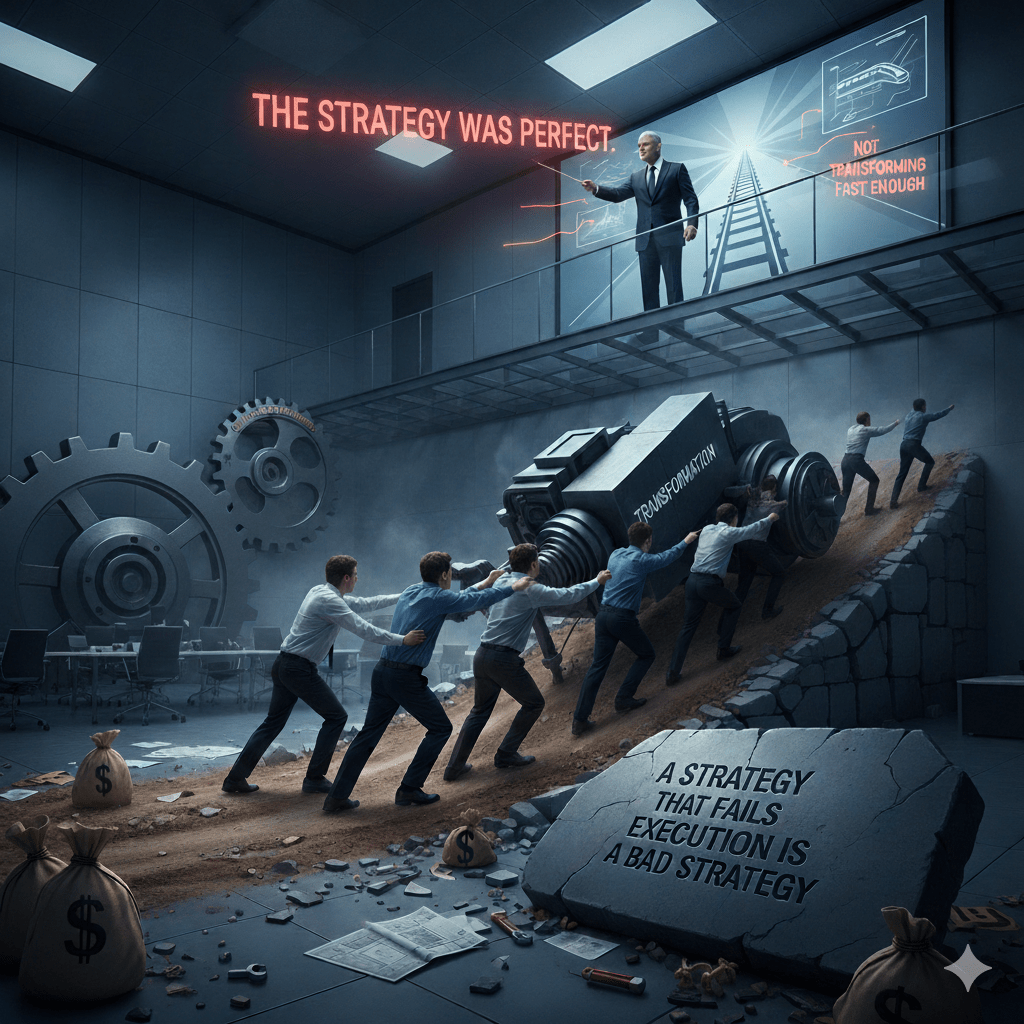This is the report that wiped out $200B of market cap the following day. https://www.citriniresearch.com/p/2028gic
First – I don’t blame the authors one bit. They painted a scenario – they didn’t predict that’s what will happen. CEOs of the frontier labs and hyperscalers have all painted their scenarios and we were all cool with that. So why not this one and more like it?
Second – I absolutely blame economists and professional investors for being stuck in the past. They have been lazy doing just the first order impact analysis of AI ( picks and shovels will be of great demand in a gold rush so buy Nvidia stock ). That doesn’t even justify their plane tickets to go to Davos and pontificate on AI annually at WEF. Their lack of rigor in their field is what I attribute the current volatility to the most.
I am just an engineer who plays with AI. I have some experience running parts of the P&L for larger companies. I am not an economist by any stretch of imagination. I am going to jot down my thoughts on the scenario painted by the report mostly so that I can come back in 2028 and read about it. So please take it for what it is worth.
As always, these are just my personal opinions.
I will start with the conclusion and explain why I think so across a few bullets. I think the chance of the economy crashing in 2028 because of AI is completely improbable.
Here are 6 reasons why
- History has always rhymed – every single technology shift in the market has led to more employment and the kind of roles it creates were not known when the tech first came around. That has been the case for Steam engines to ATM to internet.
- There will be a market driven spending brake. If there are no people to buy products, there won’t be runaway AI investment either. This idea of firing people and investing in AI is not an endless loop like the report says – there is no economic logic that supports it.
- If and when AI makes everything from food and housing to sneakers cheaper – workers won’t need to make as much money to keep their current standards of living. A four day workweek is a likely outcome in 2028 than economic collapse
- Just look at public cloud adoption in large companies to get a hint on how regulations and bureaucracy slows down tech by decades. On top of that there are labor unions, courts etc as well that will cause further friction that slows down adoption. The talk on AI is miles ahead today compared to the walk of AI. The layoffs we see are largely from past over hiring – not because AI has taken over jobs yet. It’s just a convenient excuse for companies to shed cost now.
- White collar workers – not all but many – have access to capital market directly or through their 401(k), IRA etc. The wages they might lose in the doomsday scenario will easily be offset by the capital appreciation they get from Nvidia etc booming if the scenario indeed plays out with the Ghost GDP. Cash is fungible – doesn’t matter a lot which way we earn it . It matters for tax etc but you get the point
- How likely is financial contagion? If it’s Amex and visa getting disrupted by AI agents who prefer solana blockchain – there are plenty of regulations around KYC/AML that make it happen. Mortgage crisis is a real potential in my mind – it can only be partially offset by the access to capital market that some of the mortgage holders have. But because of the spending brake I discussed above – I don’t see a full blown disaster
So back to who is to blame for this volatility.
Economists need to change their 20th century ways of thinking and start modeling the future. I would like to think the good ones have already started and perhaps just were late in starting. It makes me wonder if economics education model itself needs urgent change. The world we live in is moving so fast and picking up speed that we can no longer just be happy with first order impacts modeled.
Same goes for professional investors. You are playing with the money of people who trust your knowledge and competency. If one doomsday scenario paper is enough to spook you to act this way – you need to reevaluate your investment thesis from first principles
AI may or may not change the economy drastically – but I sure hope it does change the practice of economics and professional investing for the better.
